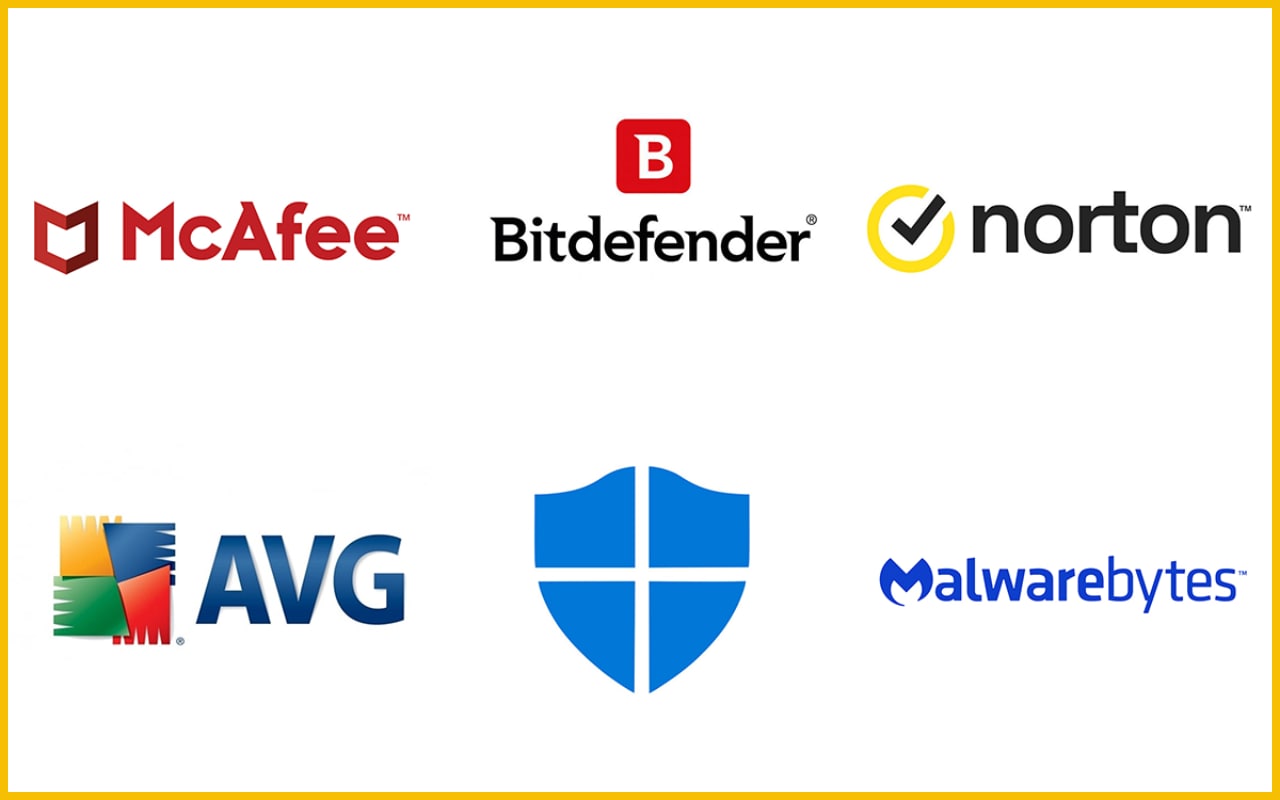Introduction
Our digital world is rife with opportunities and conveniences, but it’s also a playground for cybercriminals seeking to exploit vulnerabilities in your desktop computer. From identity theft to data breaches, the threats are real, and they can have devastating consequences. This is where security and antivirus software come into play. In this comprehensive guide, we will explore the intricacies of desktop computer security, providing you with the knowledge and tools to safeguard your digital life effectively.
Understanding the Threat Landscape
Before delving into the realm of antivirus and security software, it’s essential to understand the various threats that desktop computer users face on a daily basis. Here are some of the most common threats:
Malware: Malicious software, often spread through infected downloads or email attachments, can wreak havoc on your system. This includes viruses, worms, Trojans, and ransomware.
Phishing Attacks: Cybercriminals often use deceptive emails and websites to trick users into revealing sensitive information like passwords and credit card numbers.
Data Theft: Hackers may attempt to steal your personal and financial data for various illicit purposes.
Identity Theft: By gaining access to your personal information, cybercriminals can commit identity theft, which can lead to financial loss and legal troubles.
Social Engineering: Some attackers manipulate users into divulging information through psychological manipulation.
The Role of Security and Antivirus Software
Security and antivirus software are your first line of defense against these threats. They provide several essential functions:
Real-time Scanning: Antivirus software continuously scans your computer for malware, identifying and removing threats as they arise.
Firewall Protection: Many security suites include firewall protection, which acts as a barrier between your computer and the internet, monitoring and blocking potentially harmful data traffic.
Web Protection: Security software can warn you about unsafe websites, protecting you from phishing attacks and malicious downloads.
Email Filtering: Antivirus software often scans incoming and outgoing emails for malicious attachments and links.
Update Management: Security software helps ensure that your operating system and other software are up to date, minimizing vulnerabilities.
Choosing the Right Software
With the multitude of security and antivirus software available, selecting the right one for your needs can be a daunting task. Here are some key factors to consider when making your choice:
Features: Different software packages offer varying features. Some may focus primarily on antivirus protection, while others provide a comprehensive suite with additional security tools like firewall protection, VPNs, and password managers.
Performance: A good security program should not slow down your computer’s performance. Look for software that offers efficient protection without causing system lag.
Ease of Use: The best security software is user-friendly. You should be able to navigate the software’s interface with ease and customize settings to suit your needs.
Cost: Consider your budget and the features you need. Some software options offer free versions with limited features, while others are subscription-based and offer more comprehensive protection.
Compatibility: Ensure that the software you choose is compatible with your operating system and any other software you use.
Customer Support: It’s crucial to have access to reliable customer support in case you encounter issues or have questions about the software.
Top Antivirus and Security Software
To help you get started on your quest for the ideal security and antivirus software, here are a few recommendations:
Norton 360: Norton is a well-established name in the cybersecurity world, known for its robust protection and comprehensive feature set. Norton 360 offers real-time protection, a firewall, a secure VPN, and more.
Bitdefender: Bitdefender is another top choice, offering powerful antivirus protection and a wide range of security features. It’s known for its excellent malware detection and low system impact.
Kaspersky Total Security: Kaspersky is a reputable brand known for its antivirus and internet security solutions. Kaspersky Total Security provides robust protection against a wide range of threats.
McAfee Total Protection: McAfee is a trusted name in the security software industry. Their Total Protection package offers antivirus, firewall, web protection, and performance optimization tools.
Remember, the best security software for you may vary depending on your specific needs and preferences. Take the time to research and try out a few options before settling on the one that offers the right balance of protection and usability.
Best Practices for Desktop Security
In addition to having strong security software in place, here are some best practices to enhance your desktop computer’s security:
Regular Updates: Keep your operating system, software, and antivirus program up to date to patch vulnerabilities.
Use Strong Passwords: Create unique and complex passwords for your accounts, and consider using a password manager to keep them safe.
Enable Two-Factor Authentication: Whenever possible, enable two-factor authentication for your accounts, adding an extra layer of security.
Beware of Phishing: Be cautious when opening emails or clicking on links. Verify the sender’s legitimacy and avoid providing sensitive information to unsolicited requests.
Backup Your Data: Regularly back up your important files to an external device or a secure cloud storage service.
Secure Your Wi-Fi Network: Use a strong, unique password for your Wi-Fi network and consider enabling WPA3 encryption for added security.
Educate Yourself: Stay informed about the latest cybersecurity threats and best practices. Knowledge is a powerful tool in the fight against cyberattacks.
Conclusion
In our digital age, security and antivirus software play a critical role in safeguarding our desktop computers and, by extension, our digital lives. By understanding the threats we face, choosing the right software, and following best practices, you can significantly reduce the risk of falling victim to cyberattacks. With the right tools and knowledge, you can navigate the digital world with confidence, knowing that your desktop computer is well-protected. Stay safe, stay secure, and enjoy the benefits of the digital era without fear.



